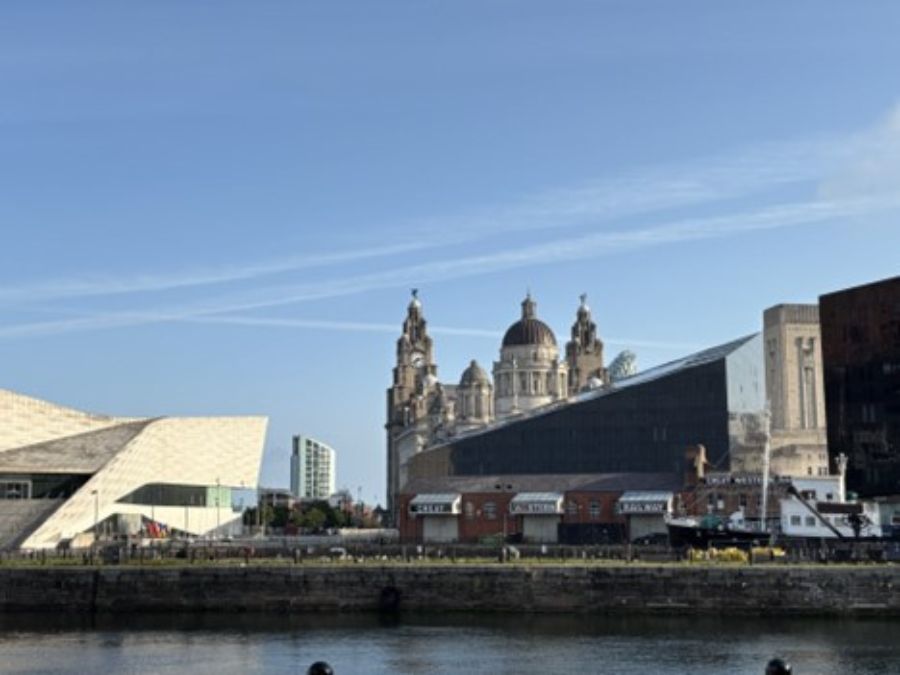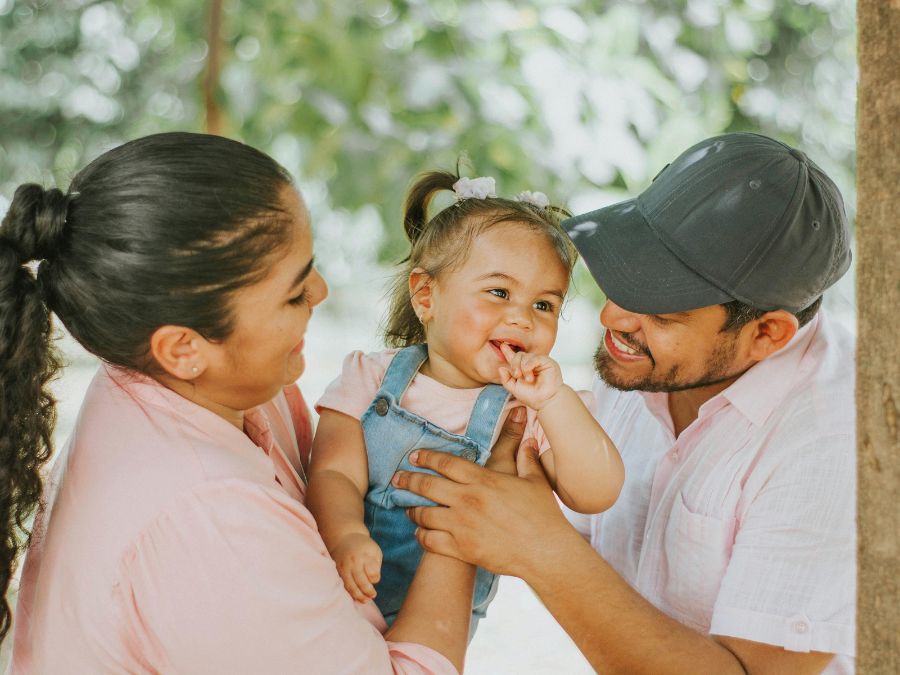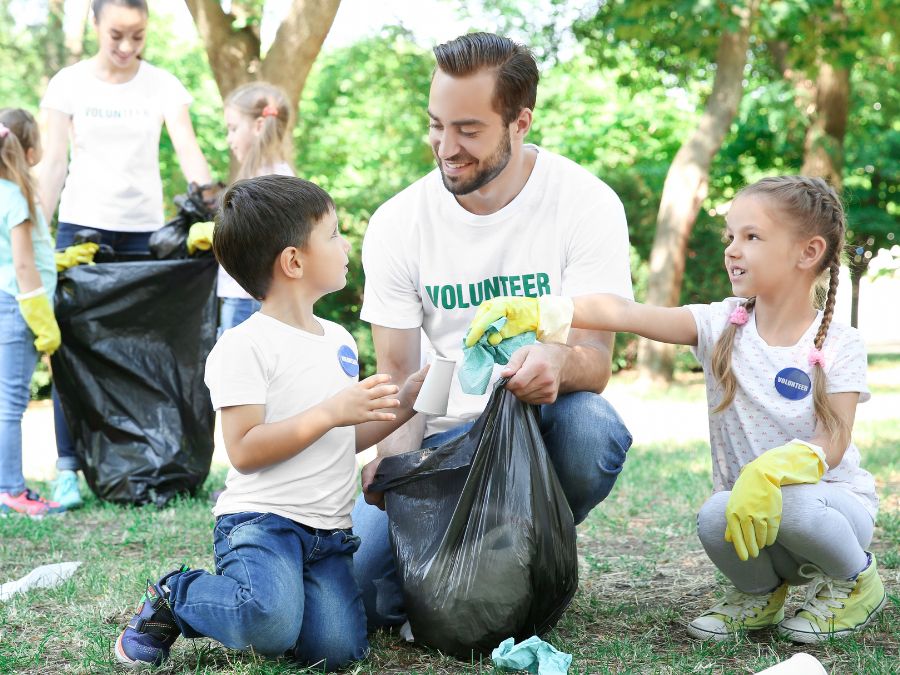
This summer, the Healthy Outcomes from Positive Experience (HOPE) framework has seen an increase in recognition around the world, with continued partnerships in Australia and Oceania, Chile, and the Netherlands. I also traveled to the United Kingdom for two international research meetings.
Research shows positive childhood experiences (PCEs) help children build resilience and grow into thriving, healthy adults. The more PCEs a child has, the better their health and economic outcomes later as adults. The HOPE framework centers on the promotion of the four key types of PCEs, we call the Four Building Blocks of HOPE.
I am excited to share updates on our international partners who are spreading PCEs.
Finding PCEs across the globe
Australia
The HOPE National Resource Center has a longstanding partnership with Western Sydney University in Australia. Their team has implemented the HOPE framework in collaboration with TeEACH (Transforming Early Education and Child Health), led by Professor Rebekah Grace. Professor Grace’s academic work focuses on the child’s experience of care in a variety of settings and on transferring these insights into systems change.
Another leader who is championing the HOPE framework in Australia is Distinguished Professor Lynn Kemp. Professor Kemp has successfully incorporated the HOPE framework in her program, Maternal Early Childhood Sustained Home-visiting (MECSH). Through this work, Professor Kemp has trained networks of people on the HOPE framework and MECSH around the world.
This summer, the HOPE National Resource Center hosted Professor Grace. She visited with senior leaders at The Massachusetts Children’s Trust in to discuss the practical effects of building family support deeply into child welfare systems.
United Kingdom
In June, I traveled to Liverpool to meet with two research groups, INSPEC (International Network for Supporting Positive Intervention in Early Childhood), sponsored by the Central London Community Healthcare NHS Trust, and a larger pan-European group. During these meetings, there was great interest in developing and analyzing data sources that include PCEs.
Chile
Javiera Brierley Vera, MD first learned about the HOPE framework two years ago as a medical student. Now a faculty member at Pontificia Universidad Católica de Chile, she is a family medicine physician who focuses on children and adolescents.
Dr. Brierley Vera is also a trained HOPE Facilitator and an ambassador for the HOPE National Resource Center in Chile. She works with us to create new HOPE en Español content publicly available on our website. Working with her colleagues, Dr. Brierley is bringing the HOPE framework to Latin America. In September, she facilitated our first-ever meeting of Spanish-speaking HOPE Facilitators.
Netherlands
Lana Jelenjev, founder of Neurodiversity Foundation, is an active partner from the Netherlands. She is a HOPE Facilitator and member of our current HOPE Innovation Network (HIN) cohort. With her colleague Saskia Wenniger, Jelenjev is adapting the HOPE framework to support neurodivergent individuals.
She also created a new resource, the HOPEful Conversations Card Deck, where players will share moments of the Four Building Blocks of HOPE through reflective prompts and actions that spark connection, insight, and growth.
Where next? Growing the HOPE framework around the world
We are excited to see the HOPE framework grow around the world. If you are interested in promoting positive childhood experiences through the HOPE framework, reach out to us to get started!


